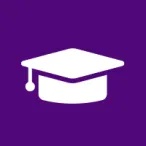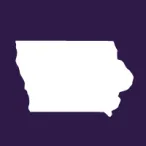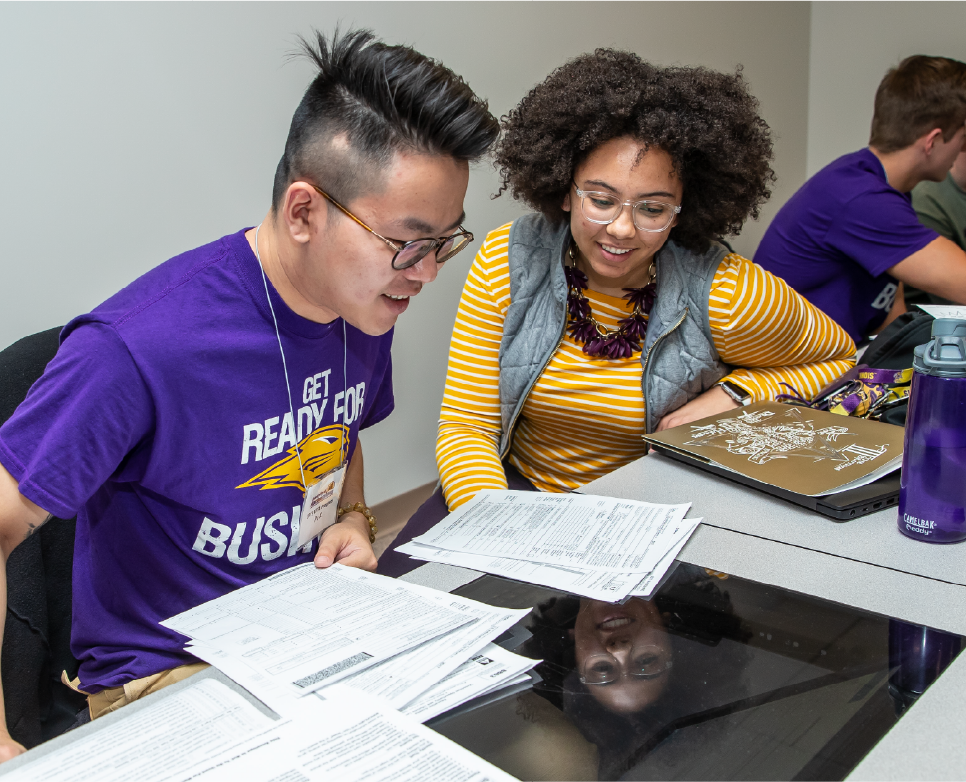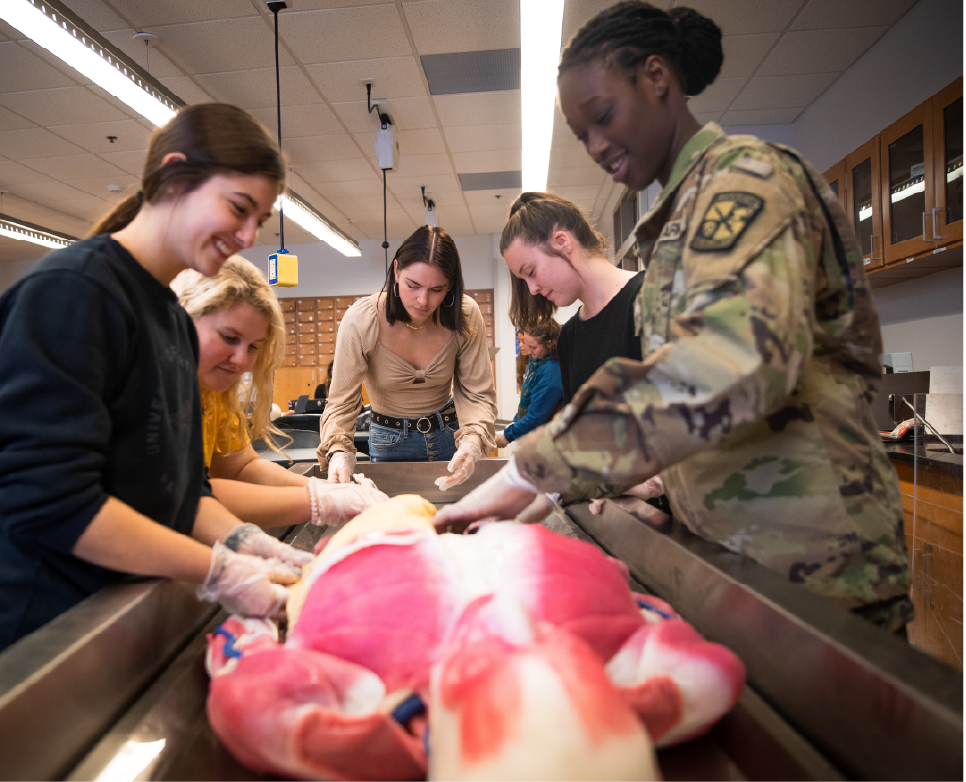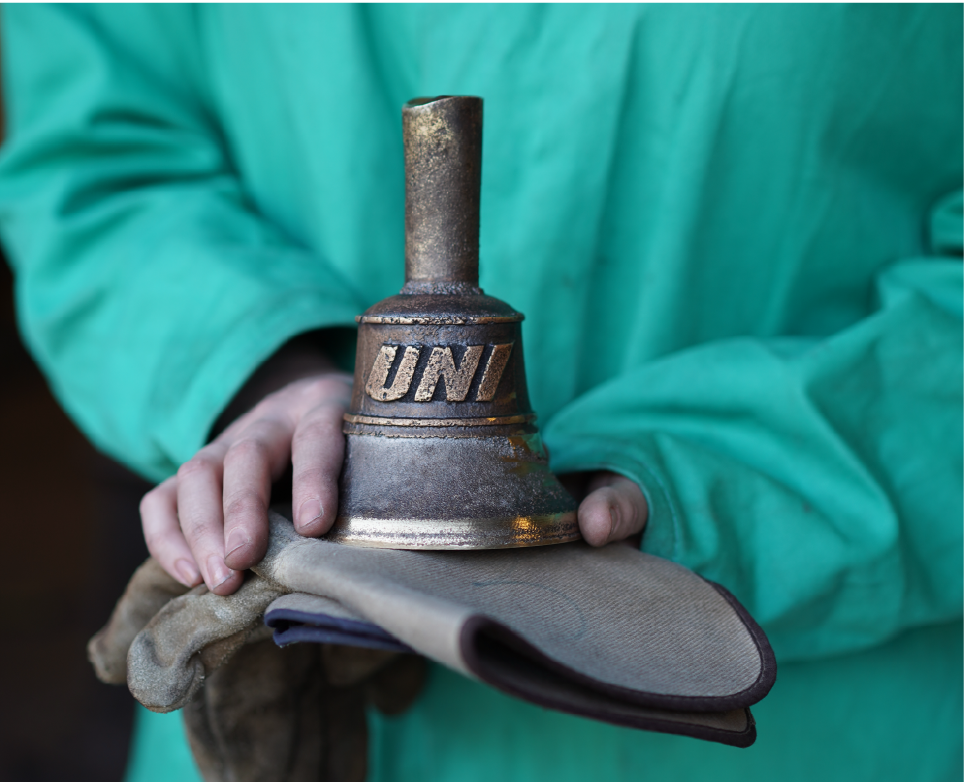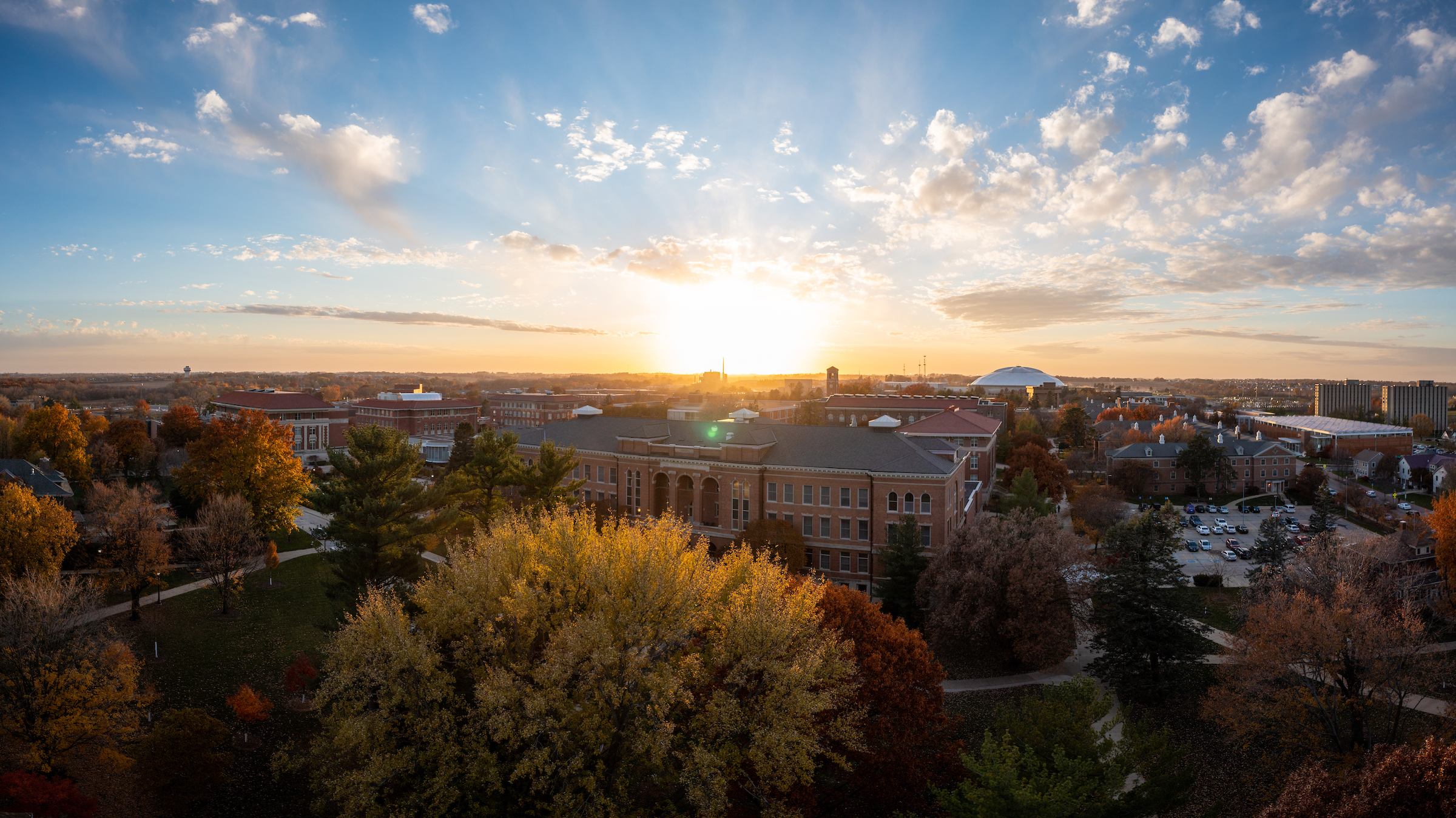
$1.6 Billion in added
income for Iowa
The University of Northern Iowa exists to help students achieve their unrealized potential and develop the knowledge, skills and abilities they need to have fulfilling and prosperous careers. However, UNI impacts Iowa beyond influencing the lives of students.
UNI's day-to-day operations, research, outreach programs and economic development activities support the state economy through the output and employment generated by state vendors.
Annual Impact Analysis
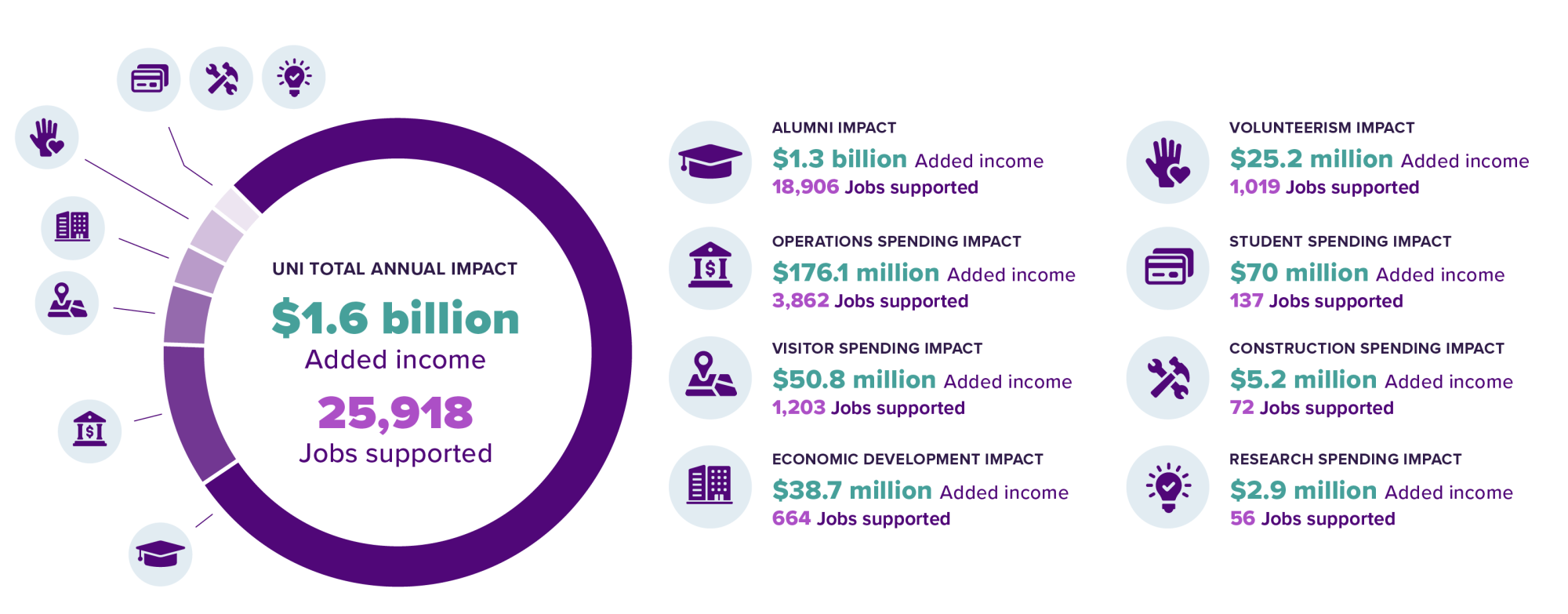

For every dollar students spend, they gain $7.20 in lifetime earnings.

For every dollar taxpayers spend, they reap $2 dollars in added revenue and public sector savings.

For every dollar society spends, they gain $7.30 in added income and social savings.
The economic value of attending UNI
UNI alumni with a bachelor’s degree experience an average increase in earnings of $22,700 annually compared to Iowans with a high school degree alone.
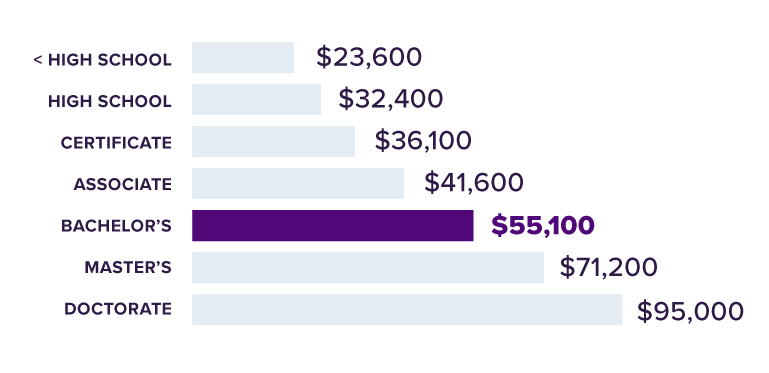
Economic Impact
The greatest economic impact of UNI stems from the added human capital—the knowledge, creativity, imagination and entrepreneurship—found in its alumni.
While attending UNI, students gain experience, education, knowledge, skills and abilities that increase their productivity and allow them to command a higher wage once they enter the workforce.
Talented professionals make capital more productive, too (e.g., buildings, production facilities, equipment). The employers of UNI alumni enjoy the fruits of this increased productivity in the form of additional non-labor income (i.e., higher profits).
